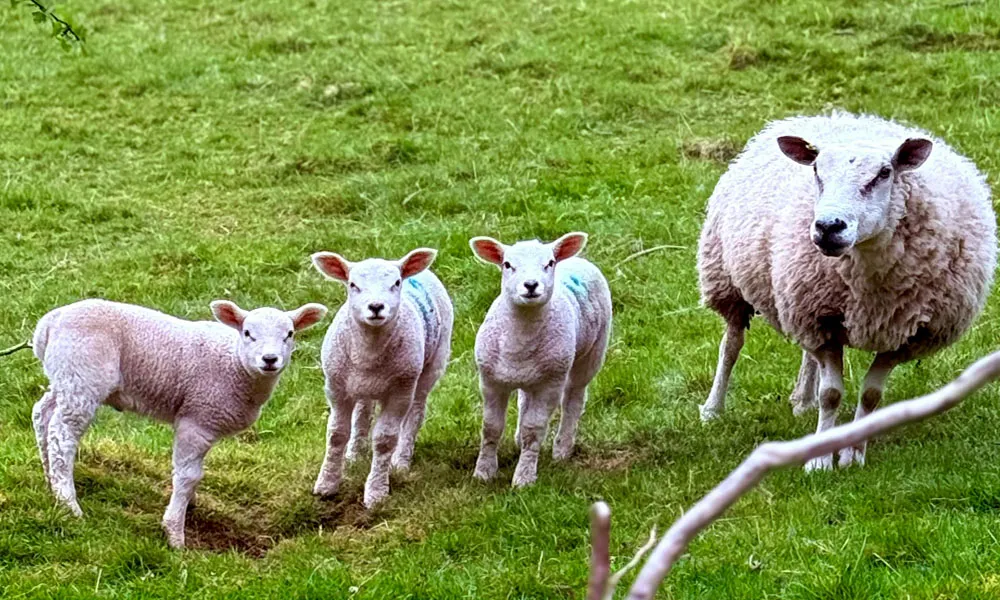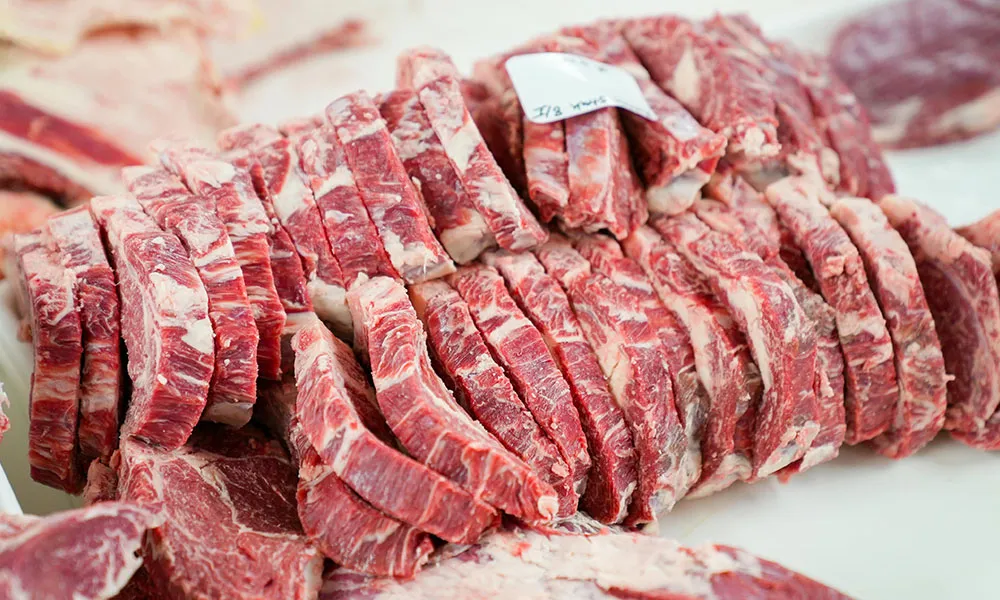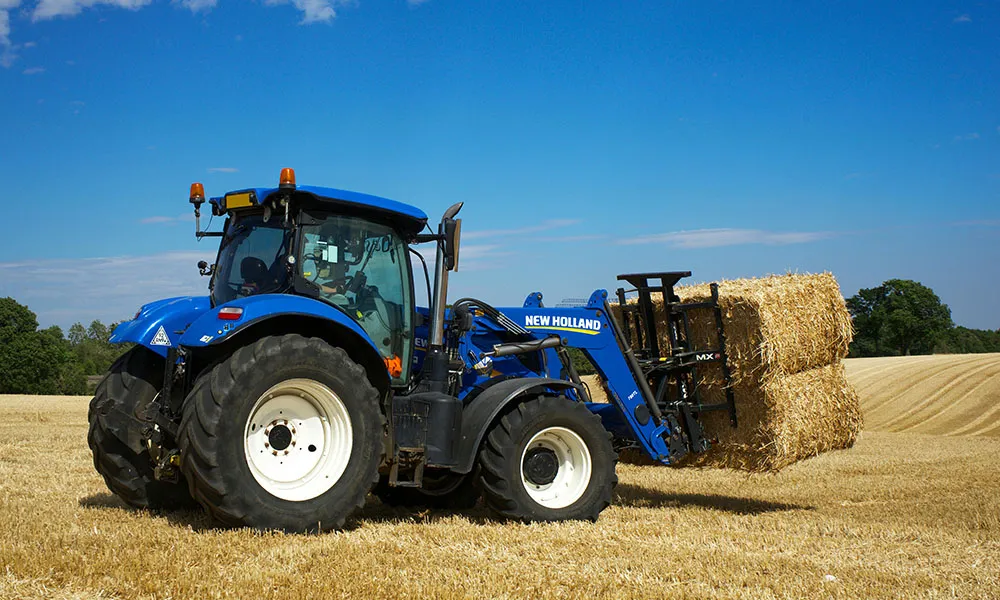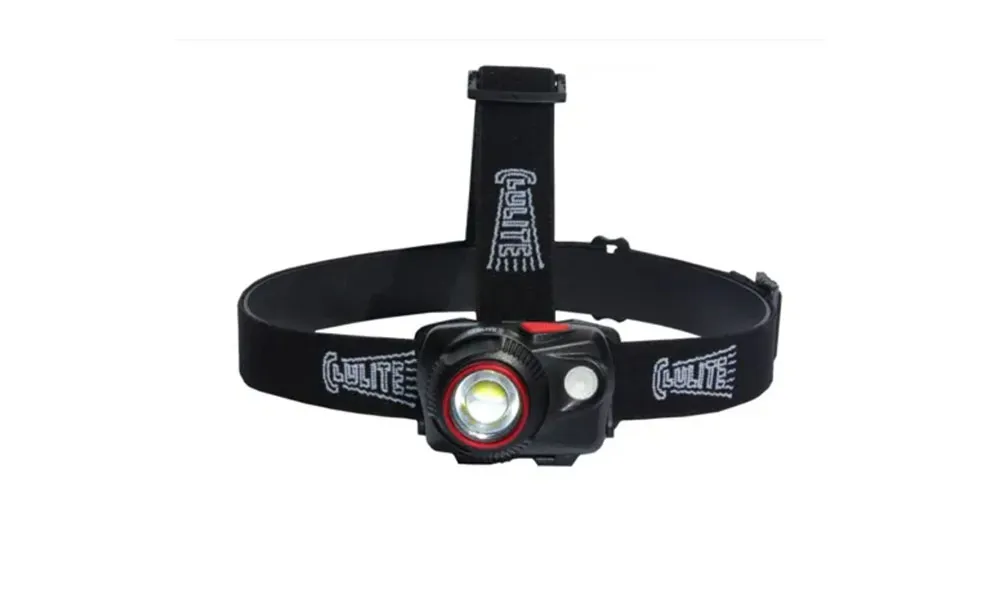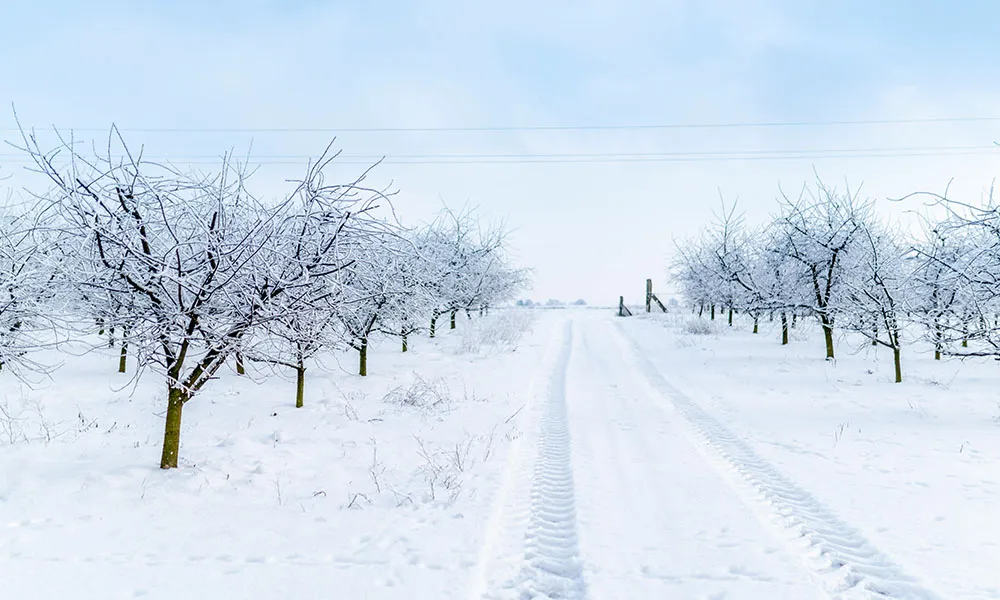
Winter is coming
Well folks, it seems that winter is well and truly upon us. According to Met Éireann, the coming week will bring the first Arctic blast of the season. And while snow is not forecast at present, treacherous, icy conditions seem to be inevitable.
Cold snaps like this raise a particular set of challenges for farmers, so it is important to prepare in advance. It is particularly important that you give careful consideration to your own personal safety, as well as that of other farm workers and livestock. That’s why we at Agridirect.ie have put together this guide to getting by during the worst of the winter weather. We hope you find it useful!
Farmyard safety (look out for black ice!)
Nighttime temperatures plummeting below to subzero carries the risk of icy patches developing around the farmyard. As a precaution against slipping, you should create clear, ice-free tracks around the farmyard. This entails spreading de-icing salt along your chosen path. De-icing salt is available in most co-ops and is quite affordable. This means that you won’t need to invest heavily to make your farmyard traversable in adverse conditions.
Make sure that you don’t walk on packed snow, particularly if snow has fallen on frozen ground. If you decide to pour hot water on icy patches, make sure that you sweep the ground clear afterwards. If you leave water lying on the ground, it will freeze over again and make for even more dangerous conditions.
Checking outdoor stock and herding
No matter the weather, animals that are not being housed for the winter will still need to be checked, fed and – perhaps – herded. In wintry conditions, this carries significant injury risk.
You should always try to avoid checking animals after dark. Icy patches are much harder to spot in the dark, so the risk of falling and hurting yourself are significantly higher at night. You should also make sure that you are wearing appropriate clothing. In particular, wear thermal clothing with a reflective outer layer. This will ensure that you stay both warm and visible!
Never go out on the land without a fully charged mobile phone as, in case of an accident, you may need to call for help. When walking the land, stay clear of treacherous ground like riverbanks and steep hills.
Using electrical devices and extension cables
You may have to rely on extra extension leads and lamps during very severe weather. If this is the case, exercise extreme caution. Check all cables and devices for signs of damage and/or faulty wiring. According to Teagasc, they “should be protected by a 30milliamp RCD – Residual Current Device on the switch or fuse board to prevent electric shock.”
Using Vehicles and Machinery
If you have a four-wheel drive tractor, use it! You should also make sure that your tractor is equipped with a seat belt. Remember that the risk of tractor accidents is much higher in inclement, wintry conditions. Don’t take chances!
Cold weather also has an impact on engine systems. Before starting your tractor on cold or icy mornings, make there is sufficient antifreeze in the engine coolant to prevent it from freezing. If your vehicle has a block heater, use it to heat the engine and oil before starting.
It is important that you don’t take off the coolant pressure cap if the engine is overheating, as this can lead to severe burns to the hands and face.
Exercise caution when dealing with a weak battery that isn’t responding due to the cold. There have been cases of frozen batteries exploding during jump-starting. This is why it is recommended that you keep your tractor indoors, in a shed that is not prone to freezing.






